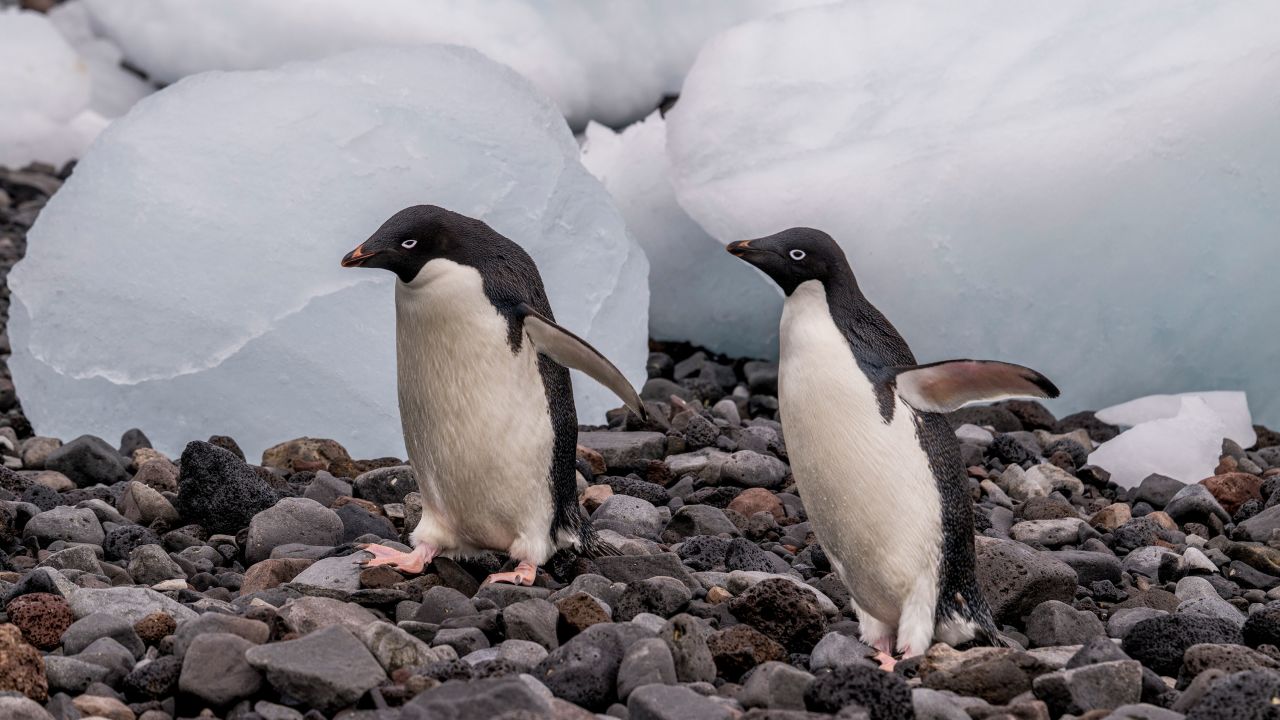Antarctic sea ice refers to the layer of frozen seawater that surrounds the continent of Antarctica and expands during the winter months around the Antarctic continent. Unlike the Arctic, where sea ice is decreasing in extent and thickness due to global warming, the Antarctic sea ice has been relatively stable over the past few decades, with some slight variations from year to year.
However, this week, the Antarctic sea ice reached its lowest record level and it could continue shrink further as scientists from the National Snow and Ice Data Center in Boulder, Colorado, said. The sea ice being now at the lowest in the 45-year satellite record, as it fell under 79 million square kilometers.
The reasons for these changes may be linked to a combination of natural variability and human-caused climate change, including changes in atmospheric circulation patterns, increased freshwater input from melting glaciers, and changes in ocean currents. It is important to note that the overall ice mass balance of the Antarctic continent is negative, meaning that more ice is being lost from the ice sheets than is being gained through snowfall and other processes.
The European Space Agency reported this week that satellite images from the Copernicus Sentinel-1 mission – gathered between 2014 and 2021 – revelead just how fast 105 glaciers on the west coast of Antarctica are flowing in the summer months. “The Antarctic Peninsula is the most northern and warmest region of Antarctica. And with a 1000-km-long [600-mile-long] mountainous spine, it is home to a rich marine ecosystem. The peninsula holds enough ice to raise global sea levels by around 7 cm [2.8 inches]. It is rapidly changing in response to the climate crisis.”
It is crucial to continue monitoring and studying changes in the Antarctic sea ice and its impacts on the environment and global climate. “While 2022 and 2023 have had record low minimum extent, four out of the five highest minimums have occurred since 2008,” stated NSIDC.
Source: thenews.com




